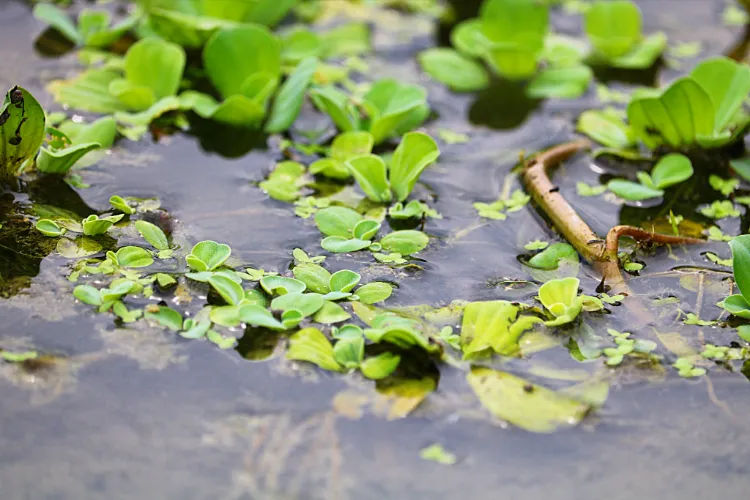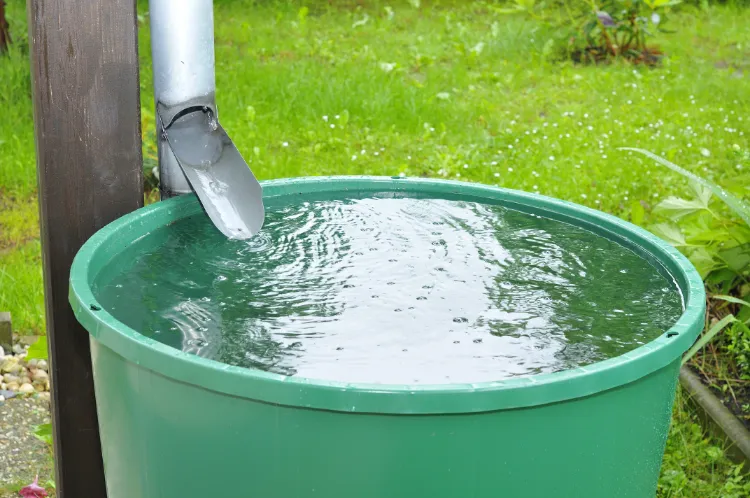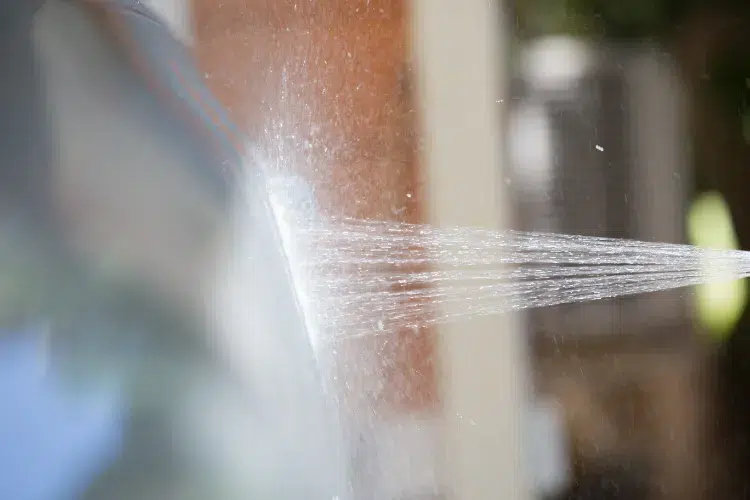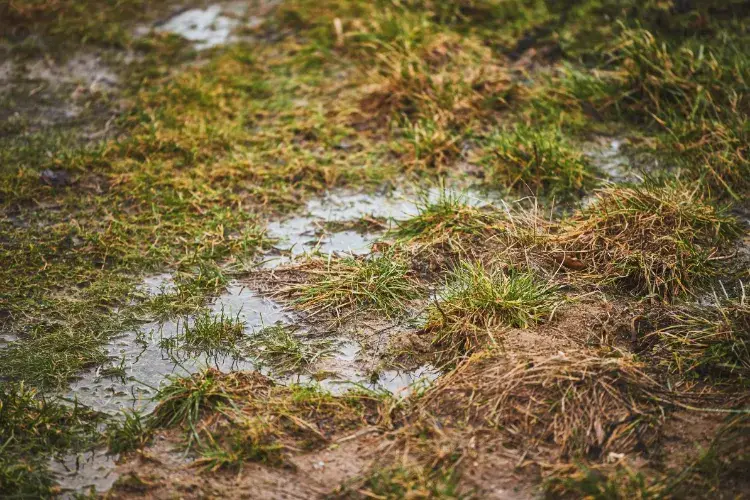
Water is essential for a thriving garden, but when it becomes stagnant, it can lead to a host of problems. From promoting the growth of harmful bacteria and algae to creating unpleasant odors, stagnant water can quickly turn into a nuisance. How can you prevent these issues and manage water effectively in your garden? Here are some practical strategies and tips to keep your garden free from stagnant water.

1. Opt for a Rainwater Collector

Rainwater collectors are a great way to manage excess water and reduce stagnation. There are two main types of rainwater collectors you might consider:
- Above-Ground Rainwater Collectors: These systems come with an integrated filter that prevents debris, insects, and organic matter from entering the tank. The filter helps keep the water clean and reduces the risk of algae growth. Ensure the collector is opaque to avoid light exposure, which can promote algae development.
- Underground Rainwater Collectors: These systems are protected from surface debris and air pollution. Although the water may have a slight greenish tint from dissolved organic matter, it generally remains clean. The underground setup helps avoid contamination and reduces exposure to environmental factors.
2. Choose Draining Materials
Draining materials such as gravel, grass, and small pebbles can help manage water flow and absorption. These materials allow water to quickly seep into the ground, preventing accumulation. In contrast, smooth and impermeable surfaces like tar and deactivated concrete increase water runoff and can lead to unwanted water pooling.
3. Install Gutters and Downspouts
Proper gutter and downspout installation is crucial for directing rainwater away from your garden. By capturing and channeling water from your roof, you can significantly reduce the risk of water pooling in unwanted areas. This also helps in conserving rainwater for future use.
4. Regular Maintenance and Use
It’s important to regularly check and clean your rainwater harvesting system to prevent the buildup of dirt and organic matter. For underground systems, consider professional annual maintenance to ensure optimal performance.
Use collected rainwater for non-potable purposes such as watering plants or washing your car. Avoid letting water sit for long periods. For best results, consider adding biological products designed for rainwater tanks. These products often contain beneficial bacteria that help prevent the growth of harmful bacteria and algae.
Bonus Tips:

- Avoid Stagnant Water: Regularly use collected rainwater to prevent stagnation and reduce the likelihood of unpleasant odors or algae formation.
- Opt for Good Drainage: Implementing proper drainage solutions will help ensure that excess water is absorbed efficiently rather than pooling.
By following these simple solutions, you can manage water effectively in your garden, prevent stagnant water issues, and maintain a healthy and vibrant outdoor space. Happy gardening!



